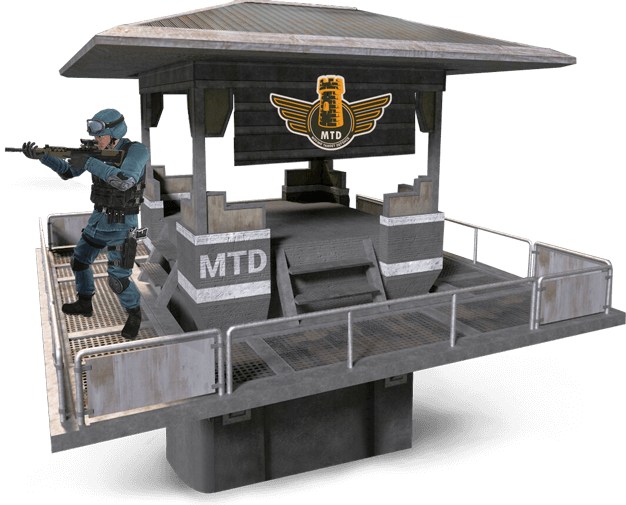Moving Target Defence - MTD

Due to the static nature of modern day computing systems, they are quite defenseless against the hackers. Hackers make use of the time to tap into the vulnerabilities or gaps in the system and initiate an attack. This is unacceptable as it provides a skewed advantage to the hackers.
This is where Moving Target Defense (MTD) comes into play. It has revolutionized the way defense technology works. Due to the dynamic nature of change that occurs across multiple systems, there is a certain level of uncertainty which hampers the progress of the attackers. It narrows down the window of opportunity for the cyber criminals which leads them to try harder and invest more time and resources but in vain. It further defuncts their surveillance on the system.
Infopercept is in partnership with a leading MTD solutions provider. Together we have strategized a transformational approach to cybersecurity. It is a powerful tool to prevent cyber crimes such as ransomware attacks, fileless attacks, and other web-born exploits.
Some of the biggest and most apparent advantages are that it generates very few false positives, reduces workload, and enhances system efficiency among others. Irrespective of the size of your business, it reduces the economic burden on your IT resources while substantially improving your cyber security.
Infopercept has patented a polymorphic technique that morphs or distorts the memory space in such a manner, that it throws the hackers off the scent. They are unable to find an entry point into the system. This real-time and one-way randomization technique stops even the most sophisticated attacks. As there is no prior knowledge of the attack, the solution lies in preventing an attack before it happens, by dismantling the delivery mechanisms and killing the chain. This technology is executed even as your business operations continue to run smoothly. It does not require any complex configurations. It has zero need for updates, and requires very little resources to set up. And the best part is that it is invisible to the end-user.



